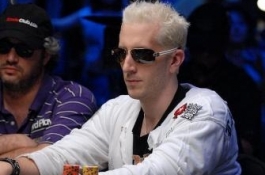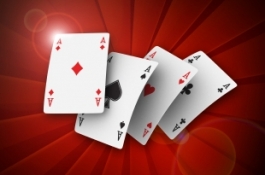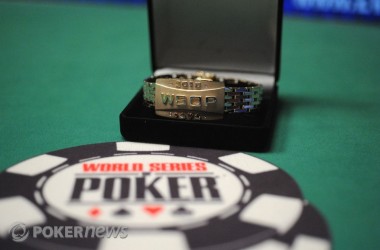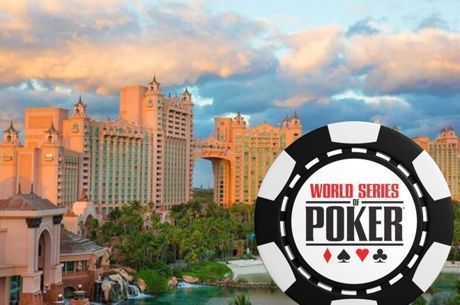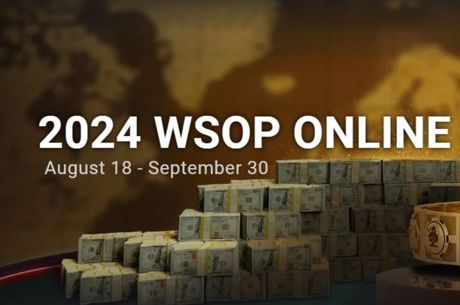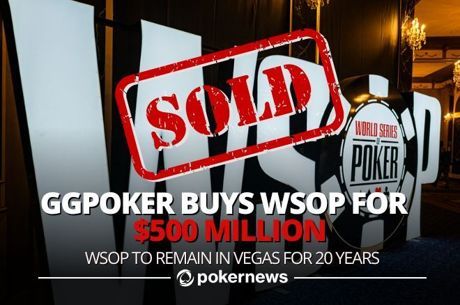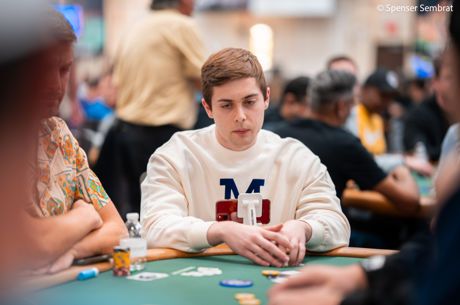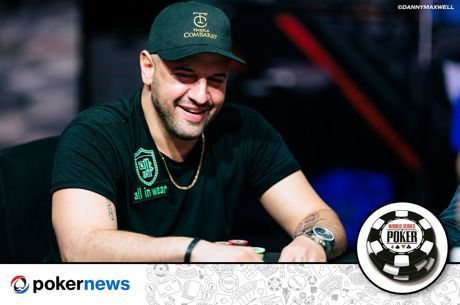History in Spades: The First Amateur to Win the Main Event
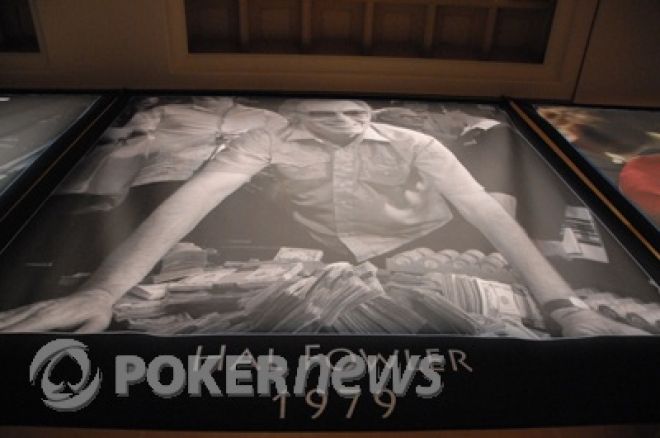
In a day and age when an amateur winning the World Series of Poker is practically a given, it is hard to imagine a time when such an occurrence was regarded as unthinkable. Like most things deemed impossible, however, it was only a matter of time before it happened. The event took place at the 1979 World Series of Poker in the $10,000 Main Event. That year, 54 players forked over the entry fee (remember this was a time before satellites), most of whom were considered among the best poker professionals in the world. In the end, the most unlikely of players stood above the rest �D an amateur by the name of Hal Fowler.
Fowler was born on January 12, 1927, in Vermont, and was one of five sons of Ernest and Iva Fowler. At 18, he left high school and joined the service. When he returned, he spent a single day with his family and then disappeared. They never saw him again. Eventually, Fowler, estranged from his family, relocated to California. No one is sure when he first picked up the game, but in the 1970s, California was quickly replacing Texas as the hot spot for poker. It was no surprise that more and more Californians were taking their shots at the Big One. Regardless, Fowler was one of the 54 players registered for the Main Event on May 22, 1979.
As players fell by the wayside, the cream of the crop rose to the top, along with Fowler. As the final table took shape, no one was surprised with the lineup save for an unknown face. Bobby Hoff, regarded as one of the best players in the world, was fortunate enough to make it to the final table and recalled in Des Wilson's book, Ghosts at the Tables, ��The final table was fearsome. They were all good players. There was Johnny Moss, Bobby Baldwin, Crandell Addington, Sam Moon, Sam Petrillo, George Huber �� all professionals �� and then there was this one other guy, a man called Hal Fowler. No one had seen him before. He was a complete unknown. He definitely was not a professional . . . we couldn��t understand how he made the final table, because he didn��t seem to know what to do.��
Indeed, Fowler seemed out of sorts and made what were considered some very unusual plays. In Ghosts at the Table, Wilson describes one hand where Moon bet out into a large pot and Fowler seemed oblivious that it was on him to act. ��Hal, throw your hand away, you know you��re not going to call,�� Moon chimed. On the contrary, Fowler did make the call with his jack-ten off suit and watched the flop fall ace-queen-king for the nut straight. Granted, Fowler��s quirky play could have been the result of inexperience, but more than likely it stemmed from his heavy drug use.
Addington, who had been eliminated from the final table, was quoted in Ghosts at the Table as saying, ��I sat right next to Hal and he had his pills out there on the table. Of course a lot of guys used to get up and go sniff and snort in the bathroom in those days, but he had some Valium and also some amphetamines, the real strong ones, and he actually put these on the table by his chips. I really believe that much of the time he didn��t have a clue what he was doing.��
Before long, Moss was eliminated in fifth place, followed by Moon and Huber, which left Hoff to battle Fowler heads up for the World Championship. Hoff used his experience and patience to grind Fowler down, but no matter how low he got, Fowler would not go out. In one instance, Hoff raised with Qx6x and Fowler called with KxJx. Both players checked the Qx5x2x flop and a Jx appeared on the turn. All of the money got in the middle, with Hoff still holding 150,000 back, and the river fell Jx to give Fowler the runner-runner double to the chip lead. ��No one �� and I mean NO ONE �� could have beaten Hal Fowler that day,�� T.J. Cloutier has said on Fowler��s improbably victory, ��Not even God. He was just getting the cards and that was that.��
Refusing to give up, Hoff held strong and did his best to battle back. The final climatic hand was desribed by Hoff in Wilson's book, ��He kept taking these Valiums and he was really getting pretty stoned and pretty tired and we were playing a long time, maybe eight or ten hours, and it had escalated and the blinds were ridiculously high. And finally he said, ��Let��s call it off and come back tomorrow,�� and I said, ��I can��t make that decision, it��s not up to me.�� They had television going and that sort of thing. And so he said, ��OK, I��m just going to move in every hand,�� and then he did. It was a nightmare. Finally I caught two aces and I made a big raise before the flop, and he called me with a six and a seven and then came [J?3?5?], and I bet [40,000] and he called me.�� The turn was the 4? and Hoff moved all in for his last 43,000. Fowler called as the 10? hit the river and the two turned over their cards. ��Of course, he had a straight and I was dead.��
Just like that, an amateur from California had come to poker��s biggest stage and dispatched some of the game��s best to become the 1979 WSOP World Champion and claim the $270,000 first-place prize. Try as he might, the veteran Hoff could not overcome the amateur. In footage of the final table, Hoff slowly rises from the table, clearly shocked at what had just unfolded. In his book, Wilson had the opportunity to ask Hoff nearly three decades later if he has gotten over the defeat. Hoff simply responded, ��No, I haven��t gotten over it, it still bothers me.��
"All I know is that I liked the man, even though I never knew him well," Doyle Brunson once said in his blog. "After he won the WSOP he told me he was going to go on tour and sell 10,000 copies of Super System. I bet him $5,000 that he wouldn��t do it and after one year I got a cashier��s check in the mail for $5,000 from Fowler. At least he was an honest guy who paid a debt he didn��t have to because that was the last time anyone ever heard from him that I know of."
Little was known of Fowler until quite recently when Wilson released Ghosts at the Table in 2008. He devoted an entire chapter to finding out what happened to Fowler, who seemingly disappeared after his win (he never even returned to the WSOP to defend his title). Wilson did countless hours of research and enlisted the help of private detectives to finally learn the fate of Fowler. Without a doubt, Ghosts at the Table is the go-to source for information regarding Fowler.
Without spoiling Wilson��s fact-finding tale too much, it should be said that Harold Arthur Fowler died in November 2000 of hemorrhagic shock due to upper gastro-intestinal bleeding. He died with two noteworthy possessions, a small gun and a video of the 1979 World Series of Poker.
Follow PokerNews on Twitter and like us on Facebook for all the latest.

